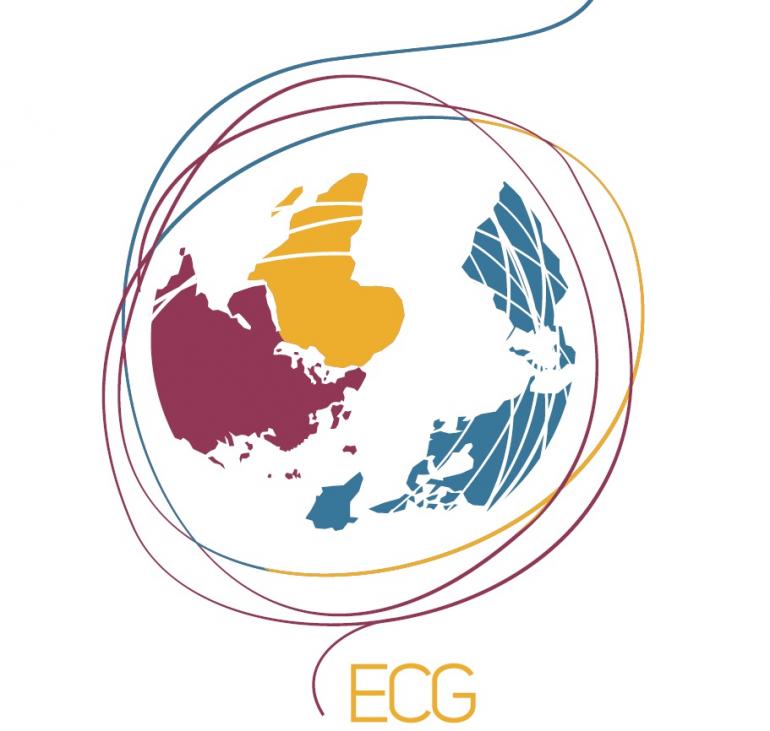
After many previous attempts in this direction, Italy approved a National Strategy on Global Citizenship Education: it is the result of a collective effort of a multi-stakeholder working group led by the Province of Trento with the contribution of tens other subjects
________
Original in Italian by Paola Berbeglia*. Translated, re-adapted and edited by Global Schools
.
It has been just over a year since Concord Italy met the Deputy minister for foreign affairs Mr. Mario Giro to sensitise him on how important it would be for Italy to have its National Strategy of Global Citizenship Education (GCE).
Over the years, NGOs repeatedly advocated for it and in the meantime several other subjects started moving with the same goal. The plea in fact recently increased on the side of Italian l ocal authorities that in February 2016 issued a policy document voted and approved by the Conference of Regions and Autonomous Provinces dedicated entirely to GCE. "The great challenges of contemporary society require that individuals possess a global consciousness. In other words, that a new generation of citizens is formed with knowledge, skills, values and attitudes that favour a more sustainable and inclusive world” , this is how the document begins. The academia as well highlighted the importance of tackling the theme of Global Citizenship Education with a shared vision between different actors and different pedagogical concepts.
With all these inputs, in just over a year, the National Council of Cooperation approved on 28th February the first Italian National Strategy on GCE .
Several elements led to this long-awaited result. First of all, most European countries have recognised the added value of such a document and elaborated their strategies to foster cooperation among institutional and non-insitutional actors in various fields: in Italy it gathered the efforts of Ministry of Foreign Affairs, Minister of Education, Ministry of the Environment, the National Agency for International Aid, the National Agency for the Youth, several LAs, Universities, NGOs, etc. all stakeholders that had developed sensitivity and experiences in this field. Secondly , there was the need to participate in and follow up on the current international debate, especially lively at the UN and UNESCO level, and aimed at consolidating intersection between Global Citizenship Education and Sustainable Development Goals. Moreover, at European level, the Global Education Network Europe (GENE) has also been encouraging different ministries and agencies to work together on the topic. Thirdly , the centrality of the debate on migrations, xenophobia, climate change, etc at the European level played an important role. In this light, GCE is proposed as an educational approach that promotes social justice and democratic principles in an increasingly interconnected world characterised by multiple identities, realities and political, cultural and social affiliations. It calls for policy coherence in favour of a more sustainable and inclusive world, where educational policies, international cooperation, migrats’ management and integration, social cohesion, environment, etc. are all interwoven.
From strategy to action
Therefore, since the end of February Italy has an integrated document that resulted from the will of all the actors involved in GCE. Now the document must only be approved by the CICS (Interministerial Committee for Development Cooperation) and then be the starting point for the Action Plan already foreseen in the document.
___________
* Paola Berbeglia, PhD is Board Member of Concord Europe
